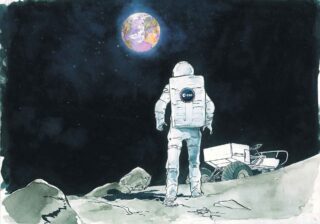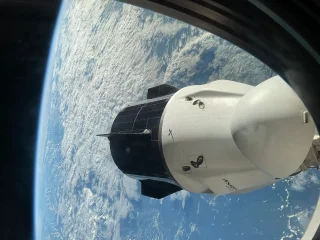Mission X
Learn how astronauts stay healthy in space and on Earth with Mission X. Through fun physical exercises and science investigations, students develop key skills while helping mascots Luna and Leo on their virtual journey to the Moon. Find out more and register

